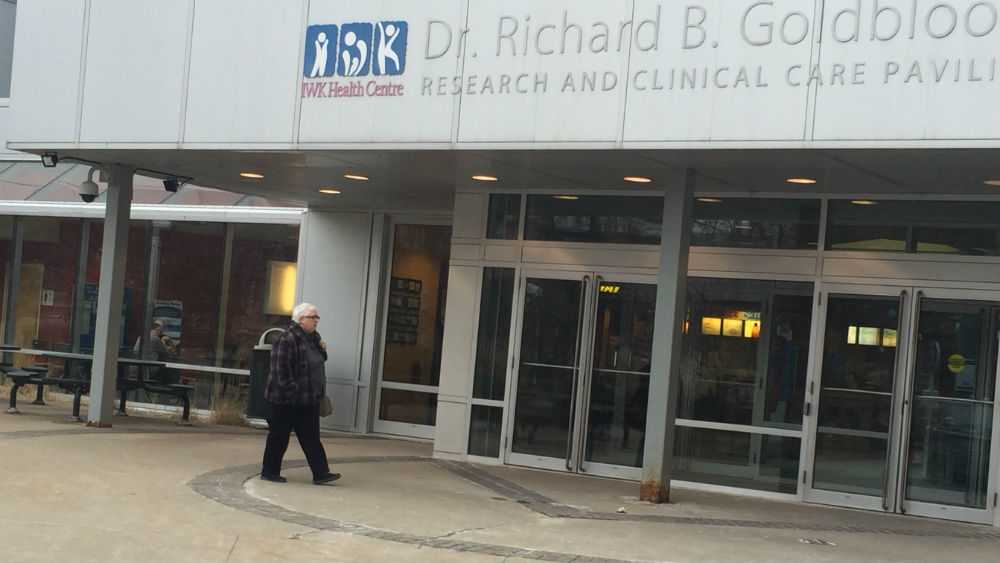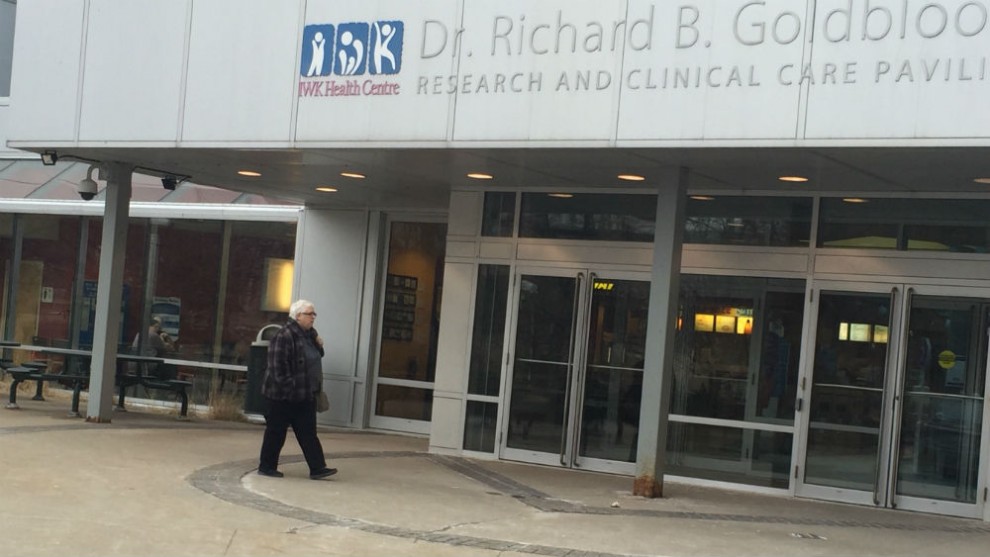Babies
IWK adding family rooms to neonatal intensive care unit
Layout will make it feel like families have their own living space

caption
Construction is underway to add family units so parents can stay with their babies.
caption
The family units will allow parents to stay with their babies.A single room unit is under construction at the IWK Health Centre, which will allow parents to stay with their babies.
Currently, the neonatal intensive care unit has open-bay pods where babies’ incubators are separated by curtains.
Tanya Bishop, unit operation manager at the IWK, says that the new single room unit will have a big effect on parents and babies.
“It will have a huge effect on bonding,” says Bishop. “Not only do parents get to be with their children … there’s better privacy and confidentiality.”
According to a study published in the National Center for Biotechnology Information, single family rooms improve the “neurobehavioral and medical outcomes” in babies. These babies require fewer medical procedures, have less pain and physiological stress, develop less infection, and have better weight gain.
Bishop says that the unit will consist of 32 rooms for families with single babies (275 square feet each) and six rooms for families with twins (375 square feet each).
The single rooms provide parents and babies with a quieter space, more individualized lighting, and a chance for the parents to remain with their babies overnight.
Bishop says that while the IWK isn’t the first hospital in the Maritimes to implement this, it will have some unique features, including a layout that feels like the family has its own living space.
The single family unit is set to open in the summers of 2017 and 2018 over two phases. The IWK is currently working on the first phase of construction.
Chez NICU
Like any project, the single room unit has its pros and cons. Bishop says that she is worried about families feeling isolated. She says that a new program called Chez NICU is in the works that may address that problem.
Bishop says that Chez NICU is a technology that will allow parents to keep in contact with family members, and will also allow nurses to keep in contact with each other, which is vital for the baby’s safety.
Marsha Campbell-Yeo, a clinician scientist at the IWK and a member of the Chez NICU project team, says it will be like video chat but different because it will have a distinct feature that educates parents about their children’s conditions and what’s happening in the NICU.
“Always when you come up with new ways of doing things, there’s some things that are good and some things that aren’t,” says Campbell-Yeo. “So Chez NICU really is about finding a solution to make a good change in care even better.”
The hospital expects to receive funding for Chez NICU in September.

